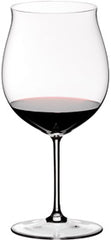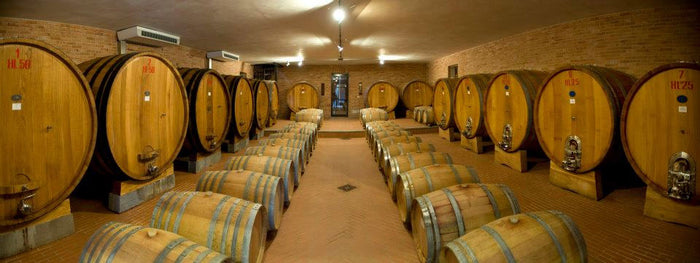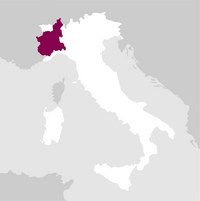
Perfume

Color

Taste
Serve at:
18 - 20 °C.
Longevity:
10 - 15 years
Decanting time:
1 hour

- Start up year: 1991
- Oenologist: Valter Fissore, Giuseppe Caviola
- Bottles produced: 85.000
- Hectares: 15
Through careful, rational vineyard management-without pushing things to an extreme or forcing, with low yields per hectare and respect for the organic balance of the vine.
Valter Fissore and Nadia Cogno cultivate rigorously autochthonous varietals: nebbiolo, barbera, dolcetto, and nascetta.
Cogno wines seek to transmit emotions, to be remembered. They cheer the soul of anyone who tastes them with enthusiasm and sincerity.
History:
The Elvio Cogno winery sits on the top of Bricco Ravera, a hill near Novello in the Langhe area of Piedmont, one of the eleven communes in which Barolo is produced. The cellar is housed in an 18th-century manor farm surrounded by 11 hectares of land, all occupied by vineyards.
After a long and fruitful partnership with Marcarini at La Morra, in 1990 Cogno bought a splendid historical farm in the family village and restored it to its former glory. Today the winery nestles in a breathtaking landscape between the hills and the sky. At sunset on clear days, a wonderful turquoise horizon frames the farm like a painting. Hence the name of this exceptional wine land: ‘Petorchino’, or blue feet.
The Cogno family has been making wine in the Langhe area for four generations: the values of history and tradition handed down by father Elvio are enhanced by the freshness and innovation introduced by his daughter Nadia and her husband Valter Fissore.
Productive spirit:
Following in the footsteps of Elvio the maestro, the Elvio Cogno winery continues to produce wines that tell the family history without altering the traditions, styles and flavours the Langhe area conjures up through the variety of its grapes. The great wines of Elvio Cogno are born in the old granaries of a farm converted to address the great challenges of winemaking.
Through careful, rational vineyard management without pushing things to an extreme or forcing, with low yields per hectare and respect for the organic balance of the vine Valter Fissore and Nadia Cogno cultivate rigorously autochthonous varietals: nebbiolo, barbera, dolcetto, and nascetta. The sparing use of technology meaning long submerged-cap and spontaneous fermentations, decanting, careful aging on wood optimises the production process without altering what mother nature creates.
The result is high-quality grapes, balanced wines: rich but not excessively so, amenable but elegant, with a classic character and feel. Cogno wines seek to transmit emotions, to be remembered. They cheer the soul of anyone who tastes them with enthusiasm and sincerity. Read more


| Name | Cogno Barbaresco Bordini 2021 |
|---|---|
| Type | Red still |
| Denomination | Barbaresco DOCG |
| Vintage | 2021 |
| Size | 0,75 l |
| Alcohol content | 14.0% by volume |
| Grape varieties | 100% Nebbiolo |
| Country | Italy |
| Region | Piedmont |
| Vendor | Cogno |
| Story | Our production range is rounded off by this great expression of the Nebbiolo grape. Like Cogno’s other wines, this Barbaresco is elegant and structured, with a fiercely independent character. This isn’t a Barbaresco that wants to mimic its cousin Barolo, but a wine that demands respect for its full, strong identity, from vineyard to cellar. This is the wager of a Barolo producer going against the stream, grabbing the chance to come to terms with a historical wine, a supreme expression of the Langhe hills. This wine is born thanks to an extremely valuable collaboration with a friend and producer in Neive., which helped the Cogno family to embark on this new adventure. |
| Origin | Neive (CN) |
| Climate | Altitude: 250 m. a.s.l. |
| Cultivation system | Vertical trellised, Guyot pruning. |
| Plants per hectare | 4000 |
| Harvest | End of September. |
| Wine making | In stainless steel, temperature-controlled, automatic pumping-over, post-fermentation maceration for 20 days with submerged cap. |
| Aging | 12 4 months in large Slavonian oak barrels. 6 months in bottle. |
| Allergens | Contains sulphites |





